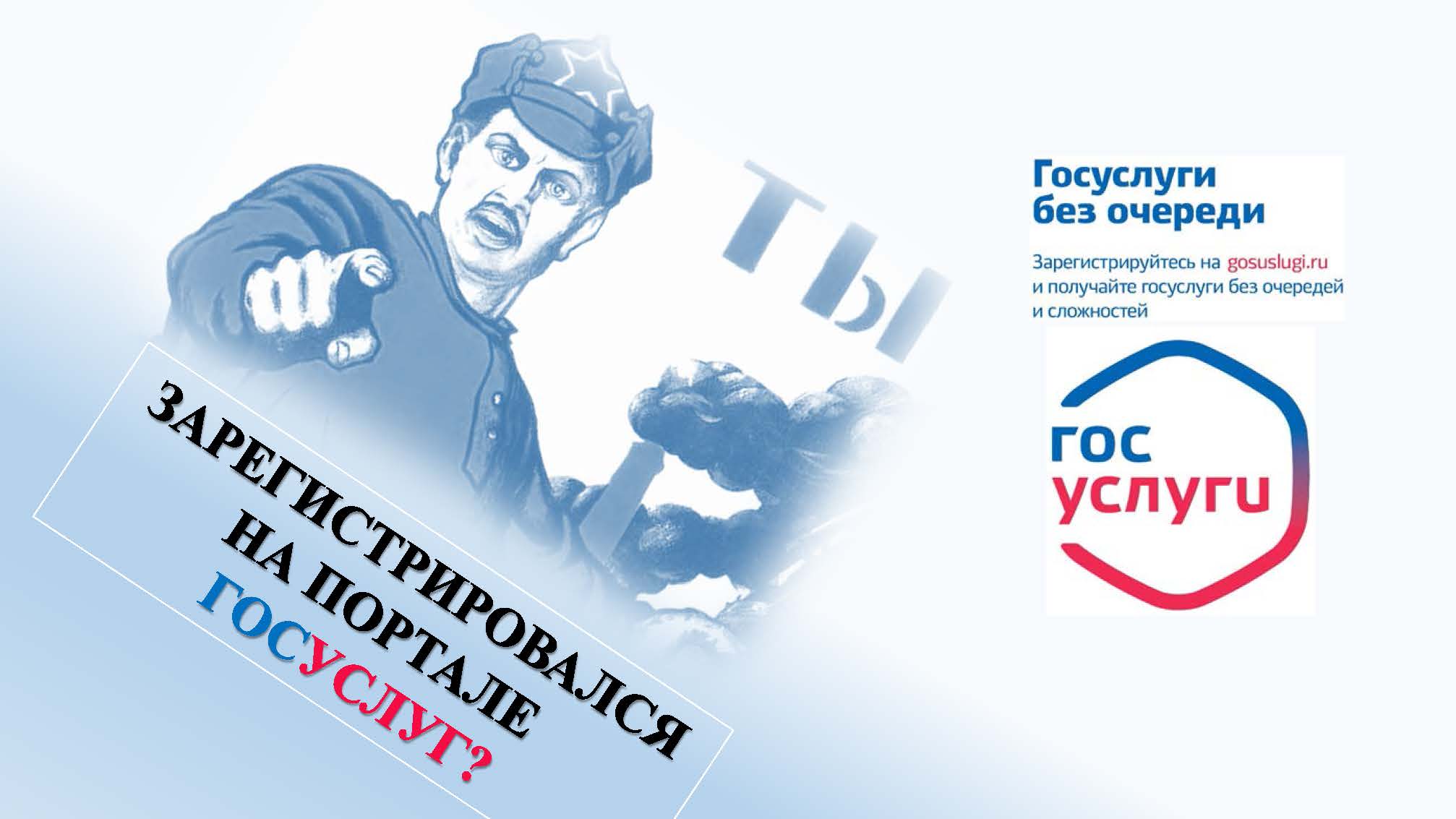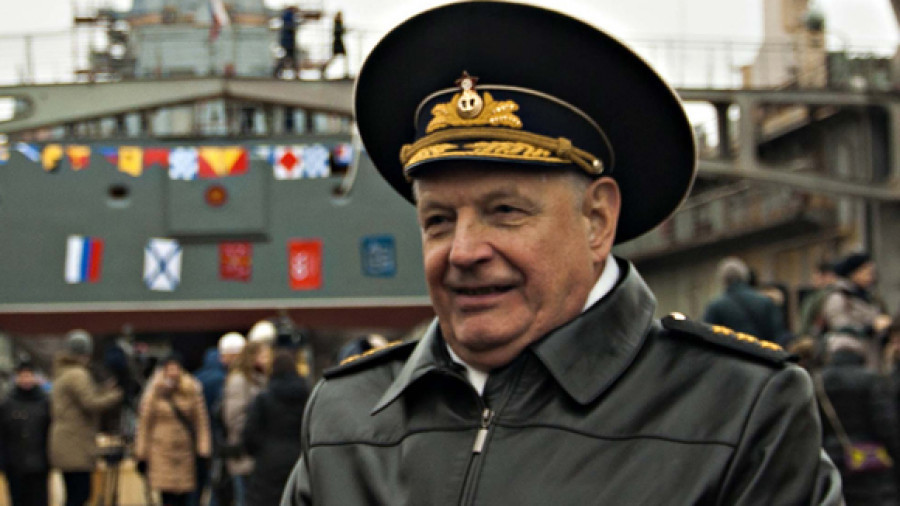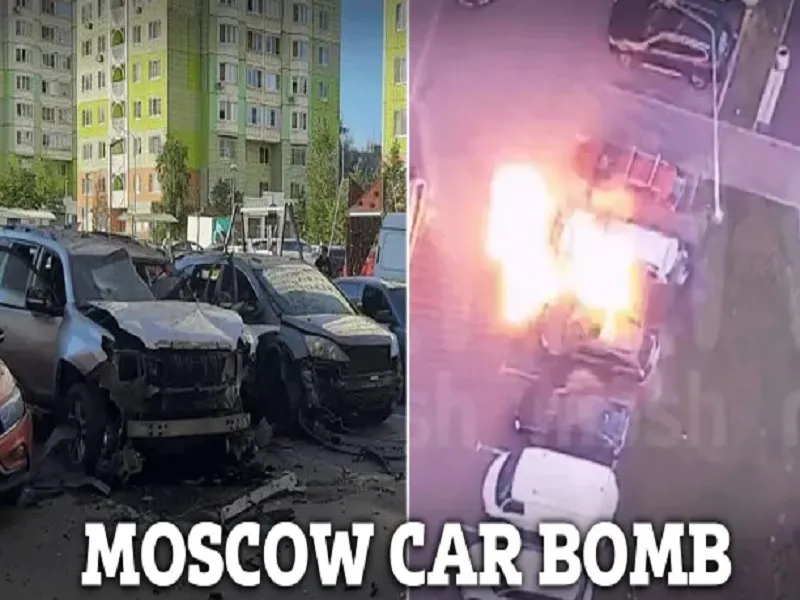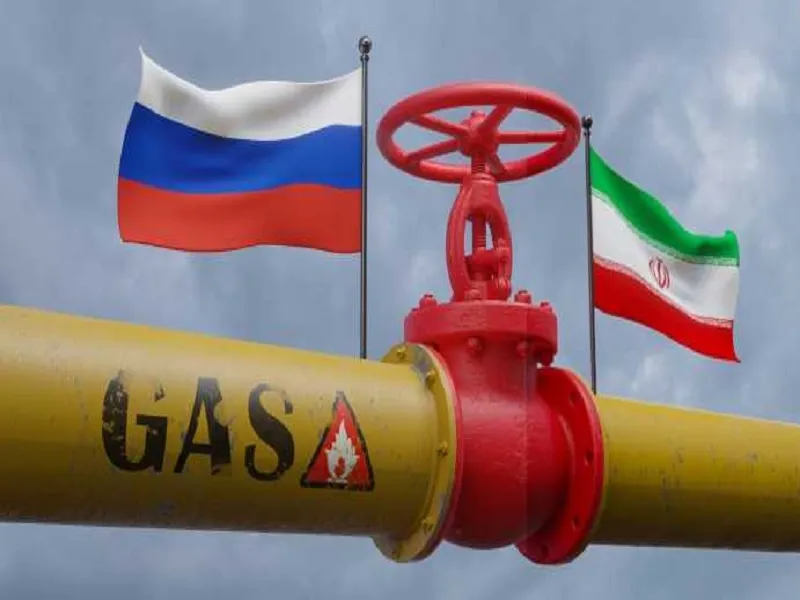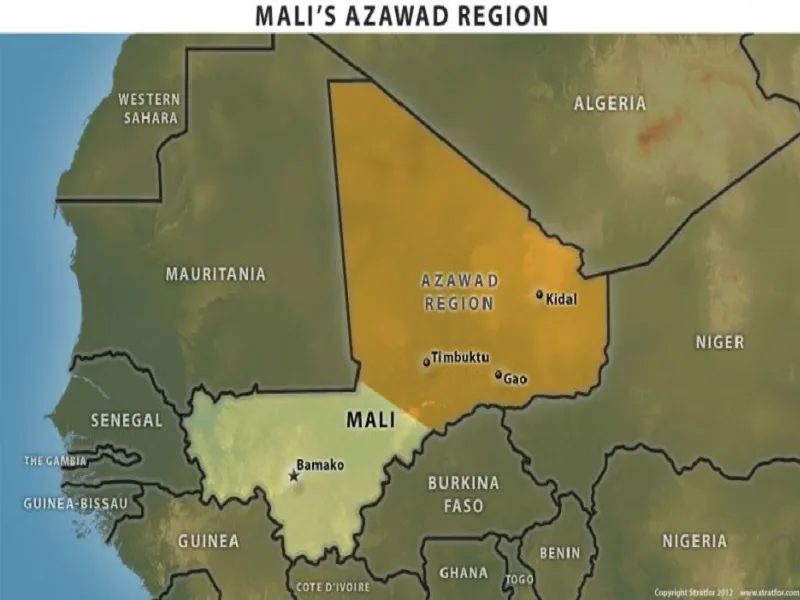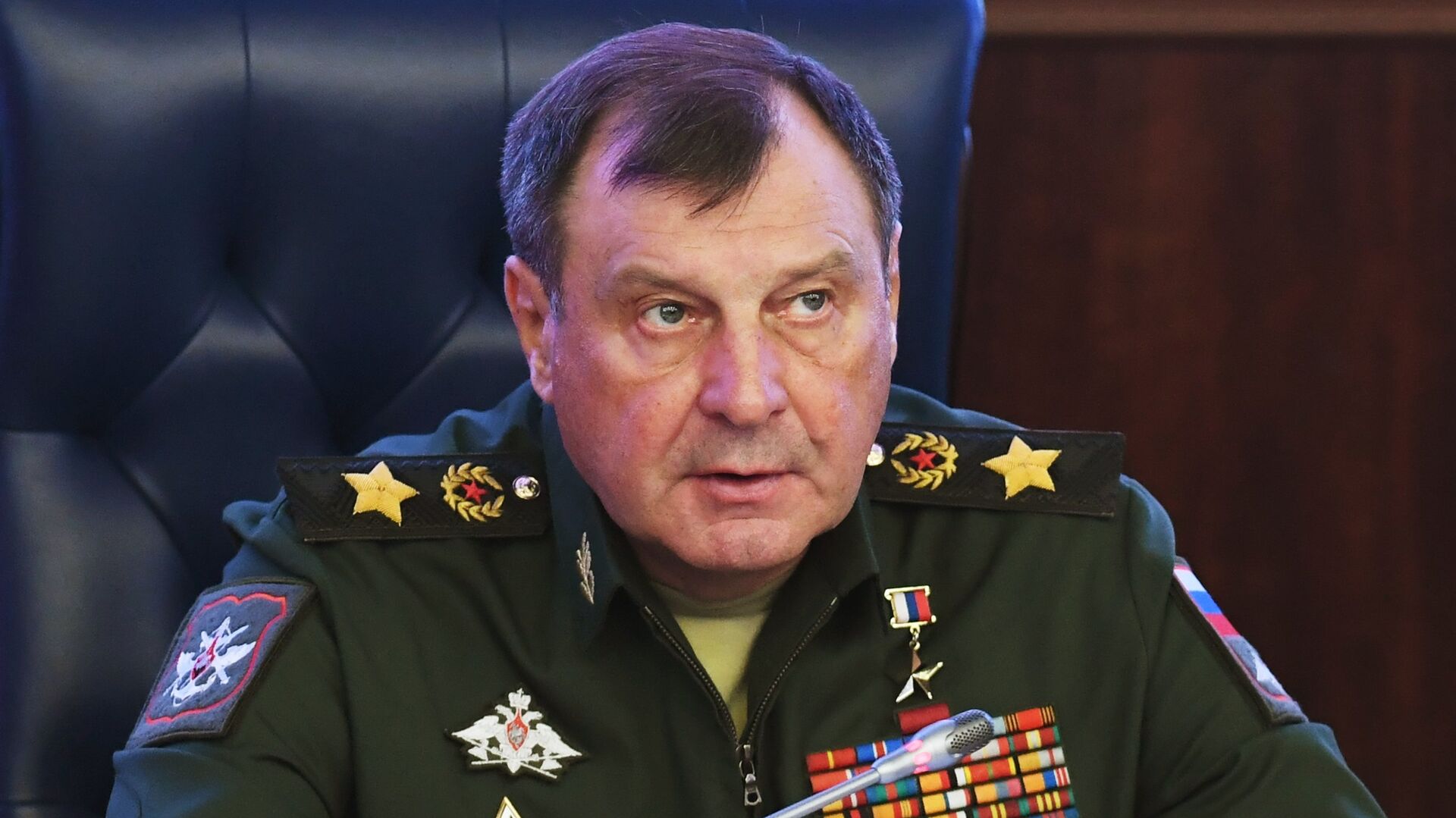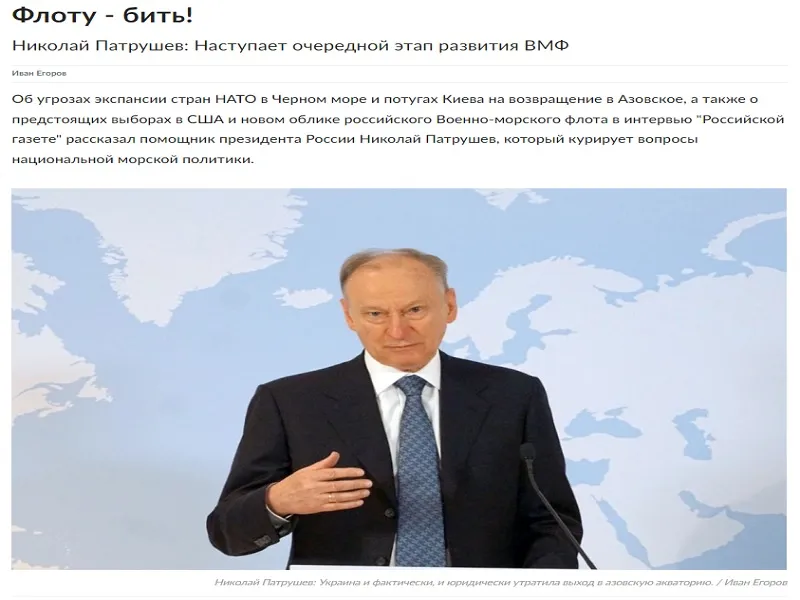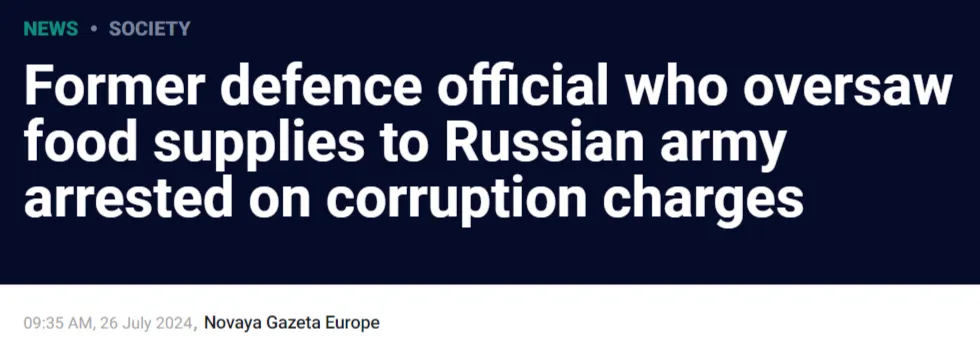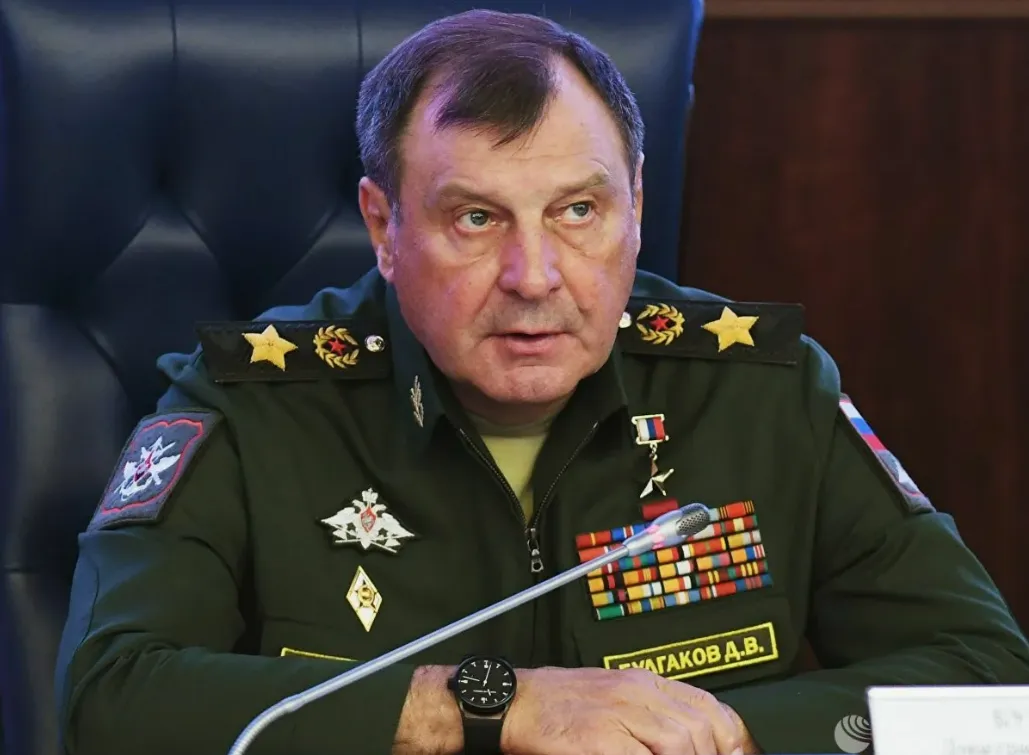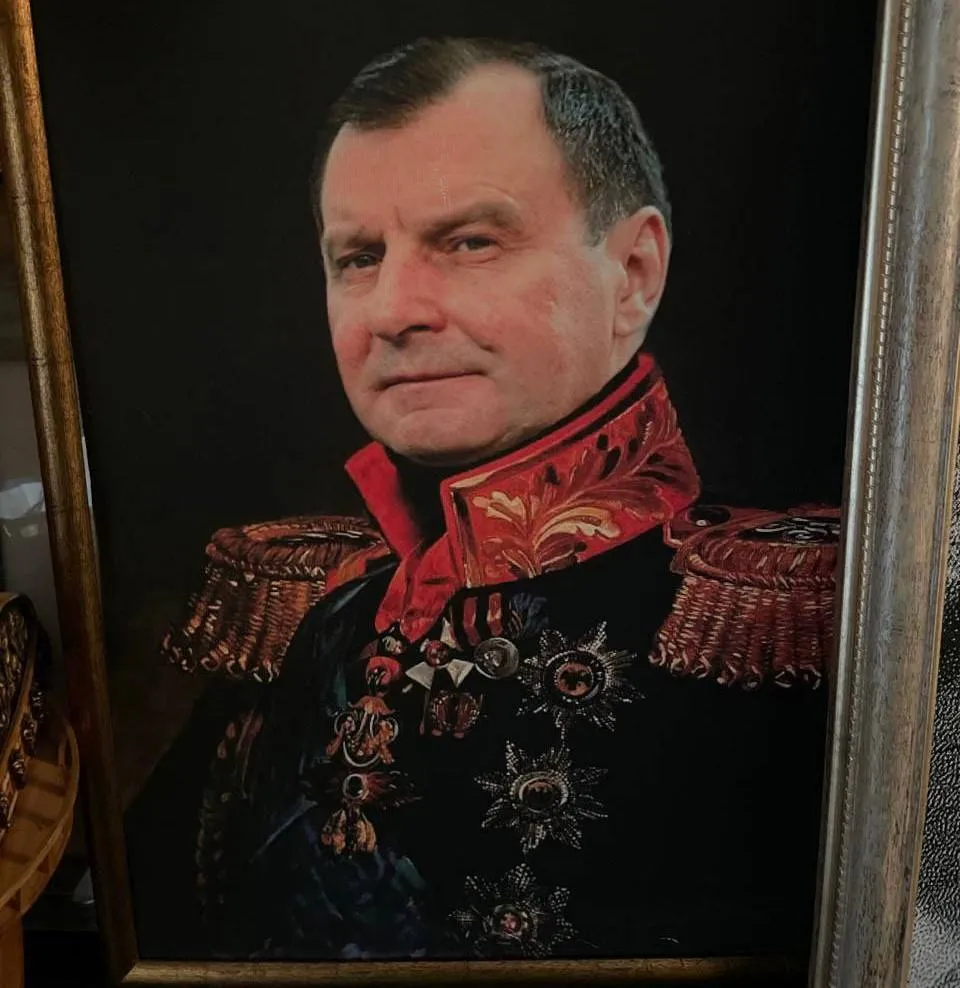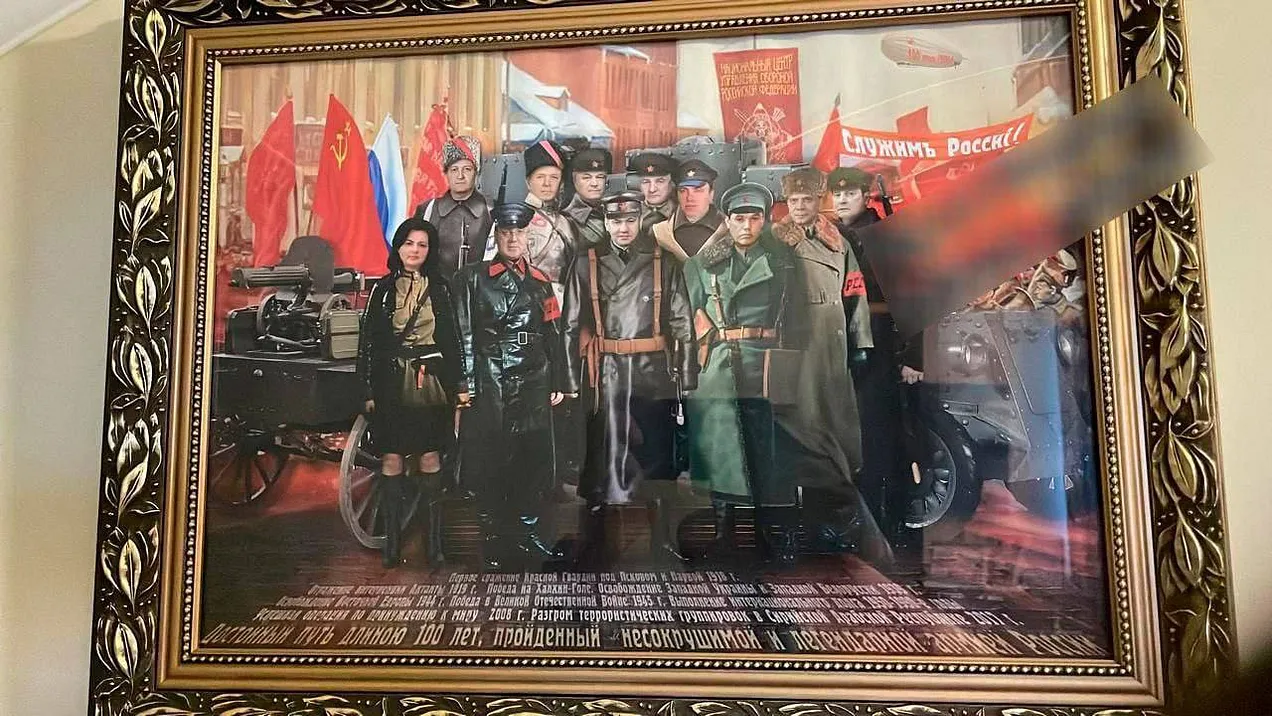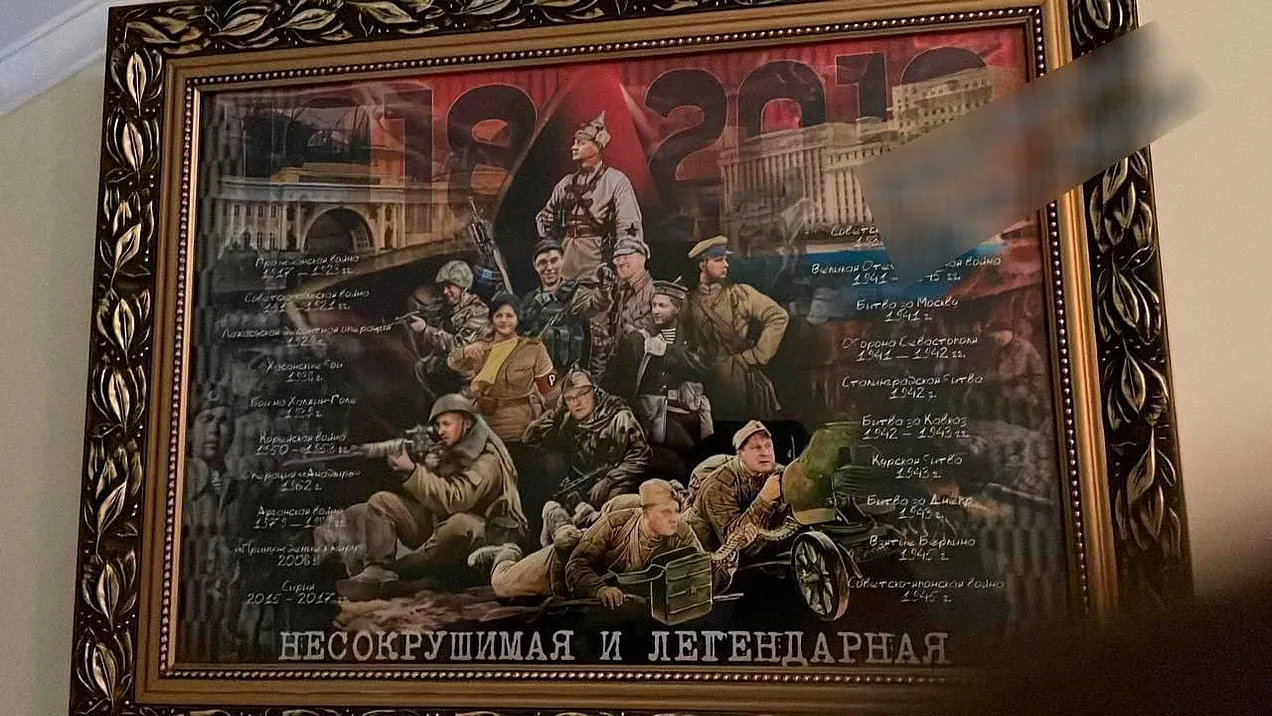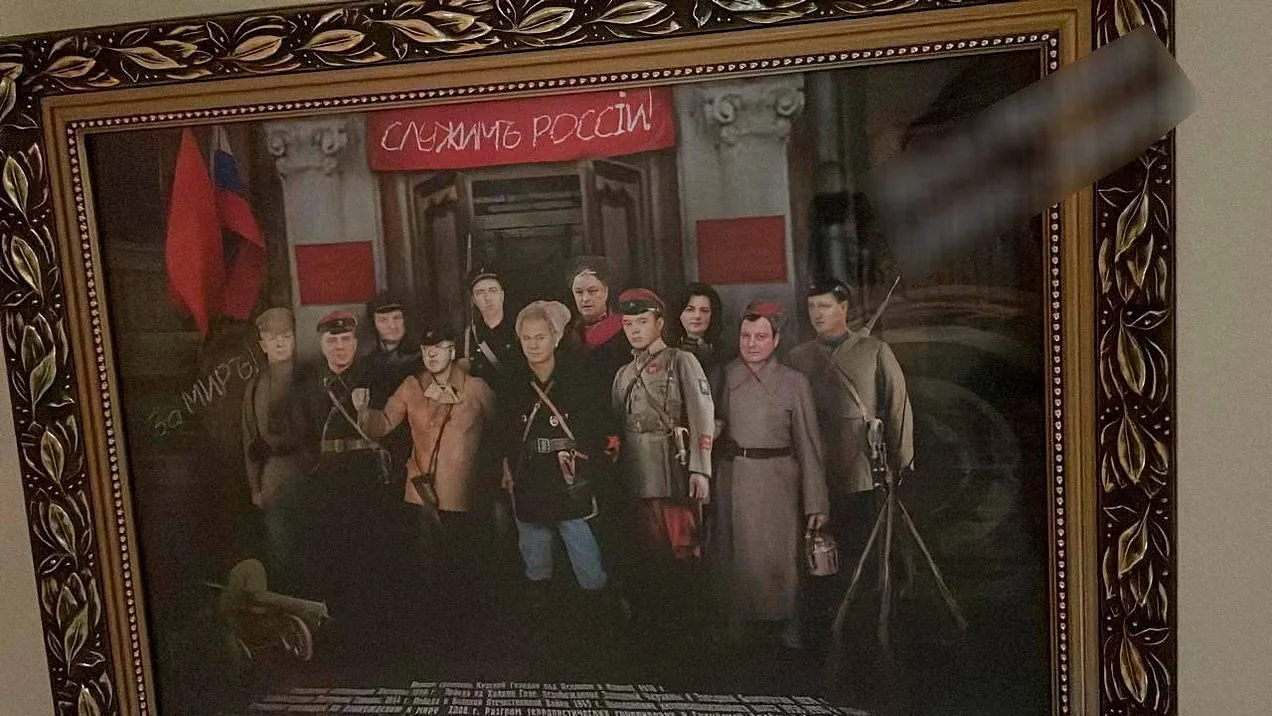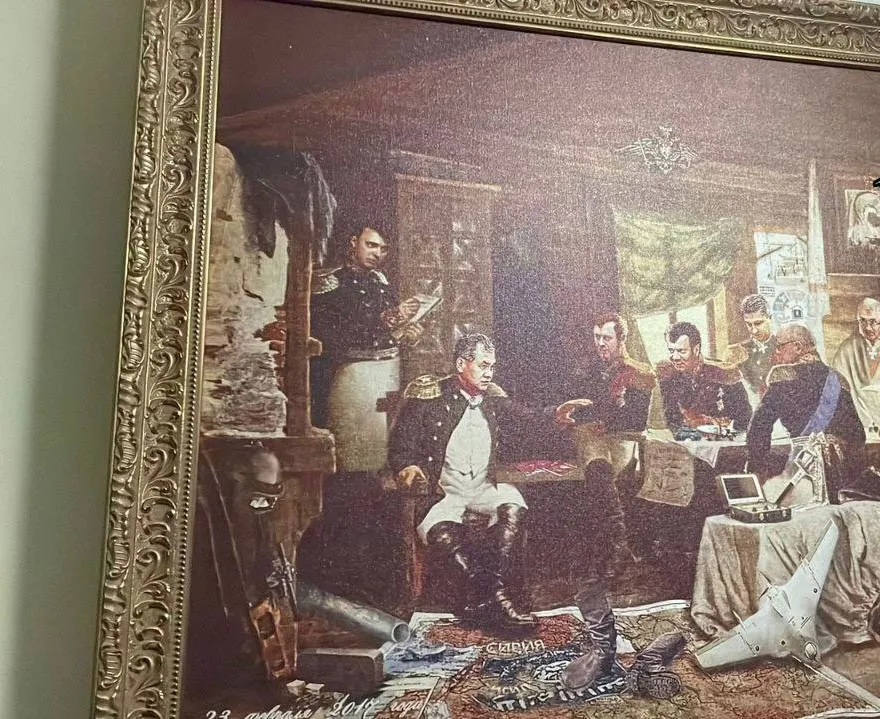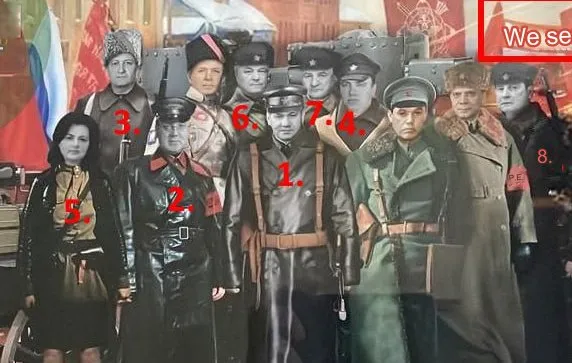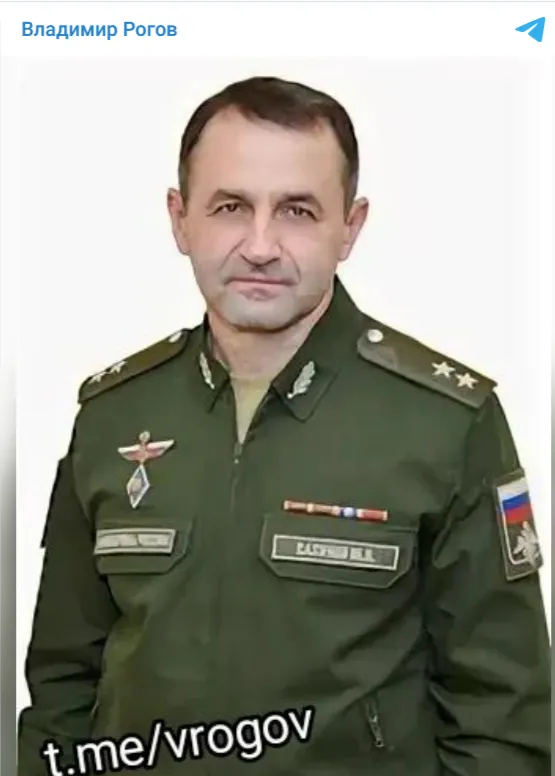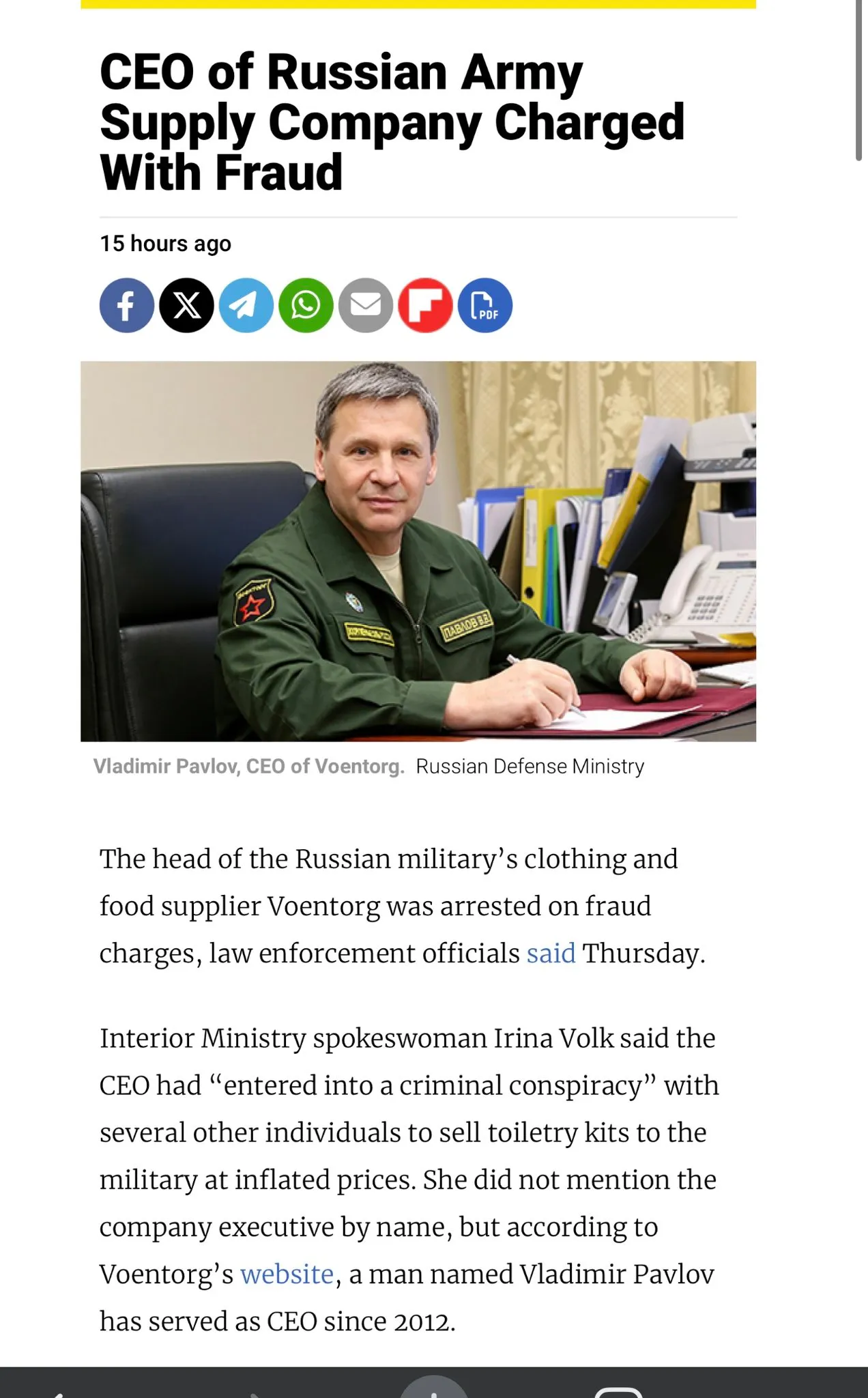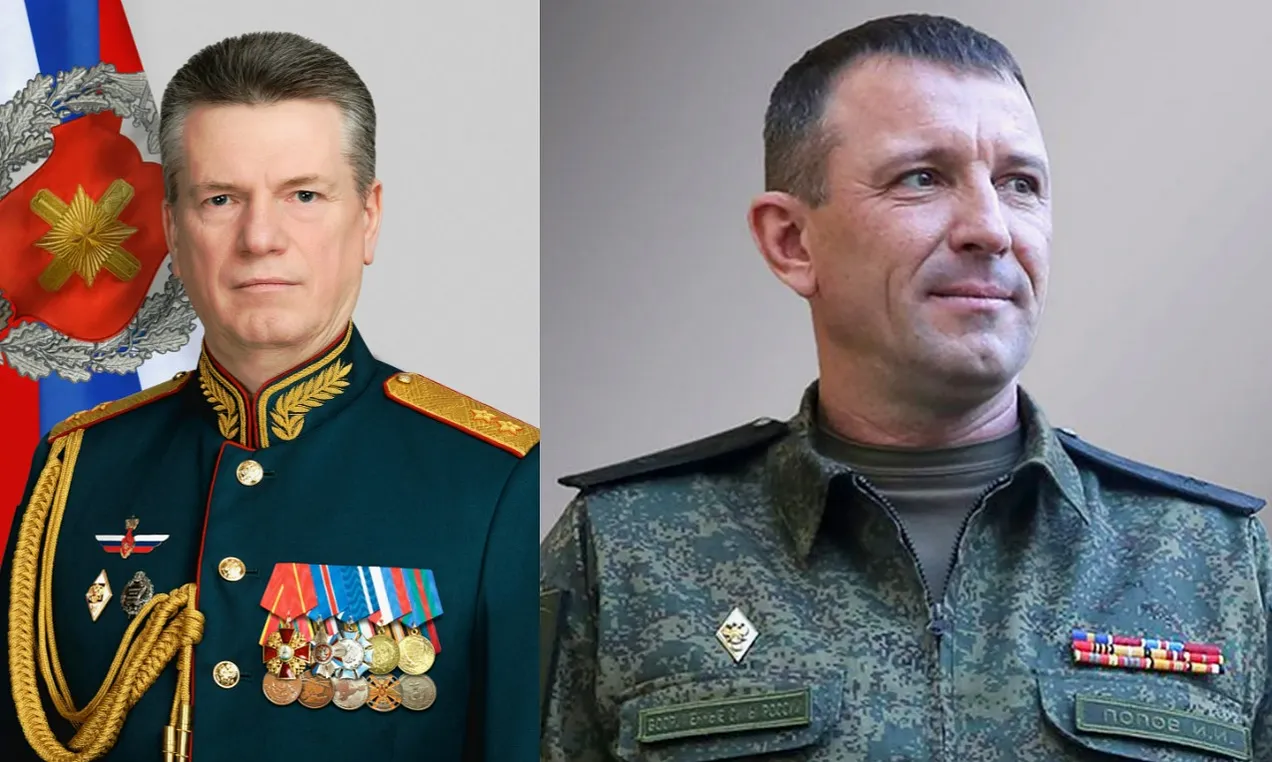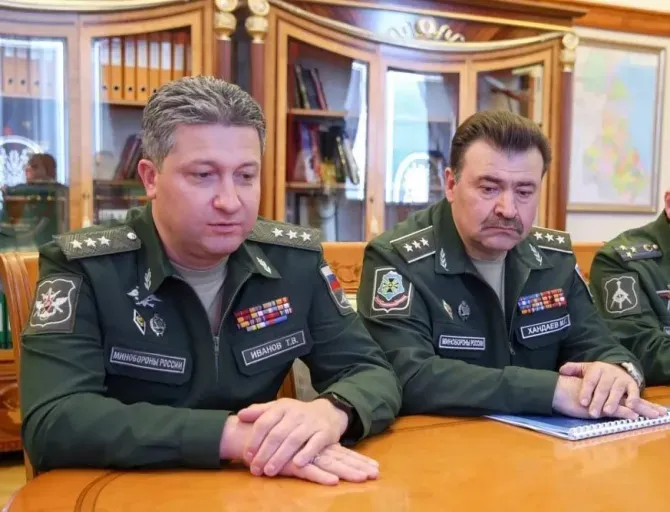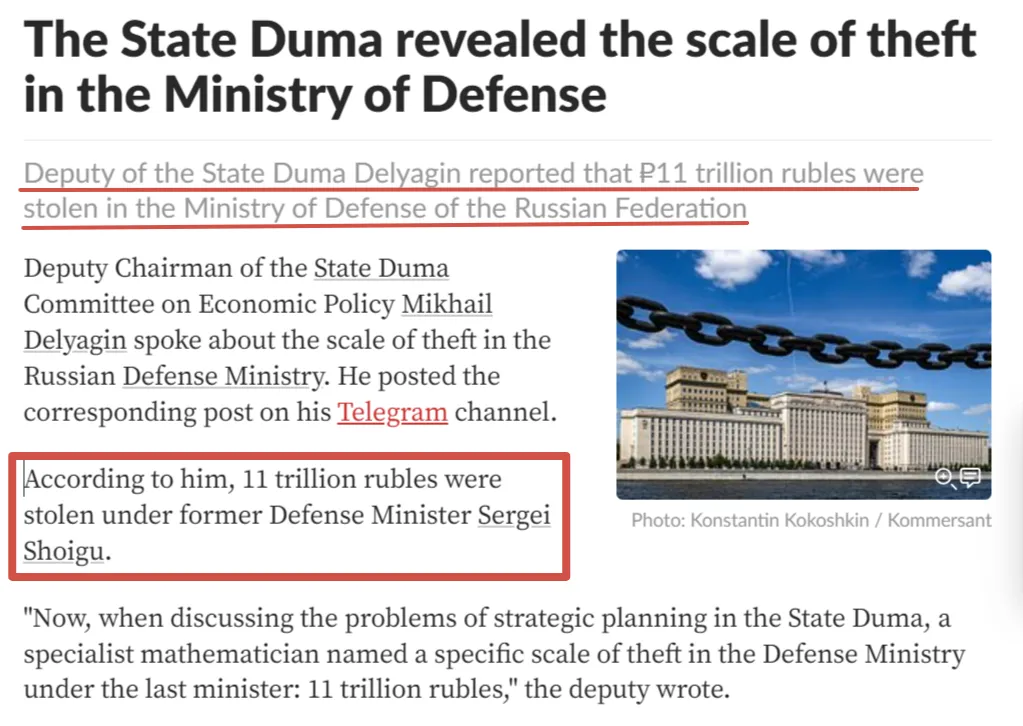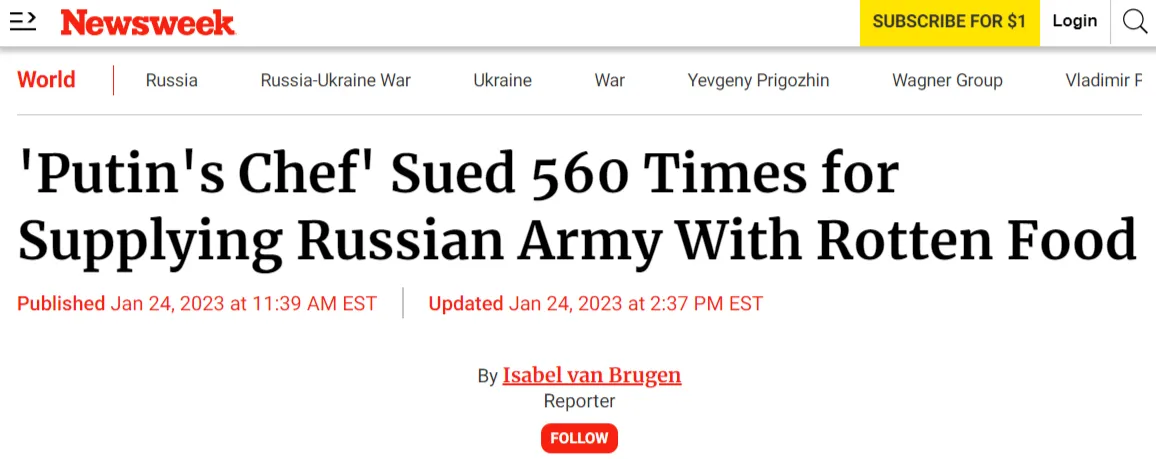July 24, 2024
Rybar
The American analytical center RAND published a report attempting to examine the trends in the recruitment of personnel of the Russian Armed Forces and related factors since the beginning of the Second World War, which for some reason covers the period only up to August 2023.
From the very beginning, the authors "played their trump cards" and directly indicated that the sources were the government of the so-called Ukraine and its resources, Western mass media, as well as foreign agent media like Meduza and Mediazona. Naturally, the one-sidedness naturally affected the quality of the text.
Almost all the material is based on the principle of elevating the problem to the absolute, when one episode (for example, non-payment of rations) is projected onto the entire Russian army. When reading, one gets the impression that the Russian Armed Forces are entirely made up of barefoot, hungry and anti-government fighters who are prevented from escaping home by barrier detachments (where would we be without them).
To link the picture they paint with objective reality, the authors resort to propaganda techniques. In one section, they point out that not every serviceman wants to leave the ranks of the Russian Armed Forces: some are attracted by money and promises of help with housing and mortgages, while others profit from selling goods stolen from Ukrainian homes (!).
It is especially funny to read about the total military censorship in Russia, where bad news from the front is spread through carefully organized press events. That is, the authors have never heard anything about the domestic Telegram and its role in the country's information agenda.
To be fair, the material also contains true statements about Russia's failure to use its own experience in preparing the operation, the insufficient firepower of the BTGr, the offensive with clearly insufficient forces at the beginning of the SVO, or the non-functioning psychological assistance programs for veterans. However, in a 116-page document, they take up a couple of paragraphs.
The RAND report is yet another manifestation of the current level of Western public expertise on the conflict in the so-called Ukraine, where ideological convictions prevail over analytics. Fundamentally, the text from the renowned center does not differ much from the fabrications of “experts” who make loud conclusions about the incompetence of the US Armed Forces based on some minor episodes.
Overall, this approach has its advantages - the West's underestimation and inadequate perception of the current state of affairs will be beneficial to us. At least for some time.
https://rybar.ru/o-doklade-rand-o-vs-rf ... d-dogmami/
Who is responsible for changes to the Constitution of Armenia
July 24, 2024
Rybar
The Azerbaijani authorities stubbornly continue the information campaign demanding changes to the Armenian Constitution. In Baku, the same statements are being made almost every day.
Thus, the President of Azerbaijan Ilham Aliyev once again stated that the signing of a peace treaty with Armenia is impossible without changing the Constitution and eliminating from it hints of territorial claims.
A similar demand was repeated by Aliyev’s assistant for foreign policy, Hikmet Hajiyev .
Armenian Prime Minister Nikol Pashinyan has long been preparing society for a new Constitution. However, the local press claims that the specially created Constitutional Council does not yet particularly support the aspirations of the head of government because it is a concession to the Azerbaijanis.
Armenian insiders also report that Pashinyan entrusted lawyer and Civil Contract MP Arusyak Julhakyan to persuade the Council members in favor of constitutional concessions.
Julakyan's track record is quite telling : before 2018, she made a name for herself by working for Western NGOs , which has become a common characteristic in the vector of Armenian politics in recent years.
In 2015-2018, Dzhulakyan worked on projects of the “anti-corruption” Transparency International (recognized as an undesirable organization in the Russian Federation).
In 2016, Julakyan participated in monitoring the elections in Georgia from the NGO coalition European Platform for Democratic Elections. Moreover, the major grant-eater Helsinki Assembly Vanadzor joined the latter from Armenia .
Finally, a member of parliament from the State Duma, which came to power on the wave of the 2018 revolution, traveled to the United States that same year under the well-known State Department program for training new leaders (International Visitors Leadership Program).
All this made Julhakyan one of the main specialists in the “new” Armenia in the “fight against corruption”, as well as a public figure in the West who talks about “Armenian democracy”.
It is with the help of such personnel that epochal changes are being consolidated in Armenia, including constitutional ones, which will legislatively enshrine humiliating concessions to Azerbaijan and finally reduce Armenians to a subordinate nation in the emerging Turkic world .
The example of Armenia clearly shows how Western NGOs have played a role in creating a new elite and agents of Western influence who will pursue globalist interests to the detriment of national ones .
https://rybar.ru/kto-otvechaet-za-izmen ... i-armenii/
The US is strengthening control over the extraction of rare metals in Kazakhstan
July 24, 2024
Rybar
Recently it became known that the Kazakh mining company Tau-Ken Samruk ( part of the Samruk-Kazyna group ), the US State Department and the National Geological Service of Kazakhstan will explore territories in the Kyzylorda and East Kazakhstan regions for the extraction of rare metals .
The memorandum of understanding was signed on July 18 in Astana.
The document provides for an independent assessment of resources, sampling, hydrological and laboratory analysis, and a financial analysis of mineral resources. In the first stage, the United States will provide technical expertise, the Geoservice of Kazakhstan will provide historical geological data, and the licenses for geological exploration will belong to the company "Tau-Ken Samruk".
What exactly are Americans interested in?
Already now in Kyzylorda region development and industrial mining of vanadium is underway at the Balasauskandyk and Kurumsak deposits. Uranium and zinc are also mined there . East Kazakhstan region is the only region in the Republic where titanium and tantalum are mined .
In April of this year, Tau-Ken Samruk and the American Cove Capital already signed an agreement on cooperation in the search for rare and rare earth metals. In particular, the partners agreed to develop the Akbulak deposit in the Kostanay region, potentially rich in yttrium, cerium, thulium, zirconium, and lutetium .
The United States has serious problems with its own reserves of rare and rare earth metals. In an attempt to diversify sources and establish its own production, instead of purchasing from China, Washington is concentrating its efforts in Central Asia, among other places.
The geographic proximity and accessibility of these resources make them strategically important in the eyes of Beijing and Moscow. Therefore, by investing in the extraction of rare metals and geological exploration in the region, the Americans solve at least two problems: they make up for their own deficits and, in the long term, weaken their competitors.
https://rybar.ru/ssha-usilivayut-kontro ... azahstana/
Google Translator
******
The Heartland Southern Strategy: An overview of objectives and priorities
Lorenzo Maria Pacini
July 24, 2024
Russia is beginning to be seriously affected by the processes taking place in the Middle East and higher up in the Pacific region.
The Eurasian Middle East and the role of Turkey
In the new global geopolitical formatting, Russia – as the Heartland according to classical geopolitics – continues to play the central role in writing the new multipolar routes. The new international cooperation in the Eurasian key is confronted with the strategic positioning of Turkey, where the key turning point is, again, the question of effective opposition to the U.S. strategy in the region. Having declared the space of the entire world as a zone of its own national interests, the U.S. is pursuing a series of strategies to redistribute the regional balance of power in its favor at every point of the earth’s political space.
At present, Russia is beginning to be seriously affected by the processes taking place in the Middle East and higher up in the Pacific region. We will divide the issues of the geopolitics of the South and the East along the conditional line of Pakistan: we will understand as South the space from Egypt and Syria to Pakistan, and as East the area from India to the Pacific region, all the way to Japan.
For the Middle East -West Asia, the United States has its Greater Middle East Project, which envisages the ‘democratization’ and ‘modernization’ of Middle Eastern societies with a change in the structure of the nation-states in the region through the likely disintegration of Iraq, the emergence of a new state of Kurdistan, the possible dismemberment of Turkey. Always decisive remains the aggressiveness towards Iran, which is constantly under fire. The overall significance of the project is to strengthen the military presence of the United States and NATO in the region, weaken the positions of Islamic governments and countries with a highly developed Arab nationalism, in order to promote the introduction of globalism into the traditional religious structure.
The Russian Heartland is interested in exactly the opposite scenario:
*supporting the Arab countries in their attempt to build societies based on a unique ethnic and religious culture;
*reduce the number or, better still, achieve the absence of U.S. military bases throughout the macro-area;
*preserving traditional societies and their natural development;
*develop bilateral ties with all regional powers in this area, first and foremost with Turkey, Egypt, Saudi Arabia, Syria, etc.
Turkey’s withdrawal from NATO would be optimal for Russia because it would allow for a clear intensification of the strategic partnership with this Eurasian country in its identity. Turkey is one in which the proportions between traditional and modern society are very reminiscent of Russian society. In recent years, Turkish leaders have spoken more and more openly about the possibility of Turkey’s withdrawal from NATO, so much so that the country has radically changed its geopolitical behavior in the last decade, transforming itself from a reliable stronghold of Atlanticism – since 1952 – into an autonomous regional power capable of pursuing an independent policy, even when it diverges and contradicts the interests of the U.S. and NATO. Therefore, today it’s entirely possible to speak of the creation of the Moscow-Ankara axis, when fifteen or twenty years ago it was out of the question.
For Russia, Turkey also plays a role of maritime dominance over the Mediterranean, because Istanbul controls the Bosporus and the Dardanelles, thus the strategic but also economic access to the great aquifer that connects Europe and Africa.
Strengthening the Moscow-Tehran Axis
Further east lies the most important element of the Eurasian sector’s multipolar model: mainland Iran, a country with a thousand-year history, a unique spiritual culture unique spiritual culture and a key geographical position. The Moscow-Tehran axis is the main line in the construction of what the German Karl Haushofer called the Eurasian pan-idea. Iran is the strategic space that automatically solves the problem of transforming the Heartland into a power global power. If with Ukraine integration is a necessary condition for this, with Iran a strategic partnership may suffice.
Considering the geographical peculiarities and cultural and ethnic differences, the Moscow-Tehran axis should be a partnership based on rational strategic calculation and geopolitical pragmatism in the name of implementing a multipolar model of the world order, the only one suitable for both modern Iran and modern Russia.
Iran, like any coastal area on the Eurasian continent, and thus Rimland, theoretically has a dual identity: it can either make a choice in favor of Atlanticism, or in favor of Eurasianism. The uniqueness of this situation lies in the fact that Iran’s political leadership, mainly the nationalist- and eschatologically-minded Shia clergy, is on extreme anti-Atlantic positions, categorically denying American hegemony and firmly opposing globalization. Acting more radically and consistently than Russia in this regard, Iran has naturally become ‘enemy number one of the United States’. In this situation, Iran has no way to continue to insist on such a position without relying on a solid military-technical force: Iran’s potential for confrontation with the U.S. is still an open question mark. Russia and Iran are united in a common strategic space by the peculiar historical moment itself. The Moscow-Tehran axis solves all fundamental problems for the two countries: it gives Russia access to warm seas and Iran a guarantor of nuclear security.
The territorial essence of Russia as Heartland and the territorial choice of modern Iran put both powers in the same position in relation to U.S. strategy in the entire Central Asian region: for both Russia and Iran, the absence of Americans near their borders and the interruption of the redistribution of the balance of power in this area pro-American interests are of vital interest.
The U.S. has already developed its plan to turn that region into the so-called Eurasian Balkans, as Brzezinski wrote, from which to drive out any Iranian and Russian influence. The plan is based on the creation of another Rimland, this time on Russia’s southern borders, designed to separate Russia from Iran, just as the western cordon sanitaire is designed to separate Russia from continental Europe. This new Rimland should include the countries of the Great Silk Road (Armenia, Georgia, Azerbaijan, Afghanistan, Uzbekistan, Kyrgyzstan, and Kazakhstan), which should be placed under American influence. The first agreement in this scenario is the deployment of military bases in Central Asia and the deployment of the American military presence in Afghanistan. The task of Russia and Iran is to disrupt this project and reorganize the Central Asian political space in such a way as to remove the American military presence from there, break through the Asian Rimland, and jointly build the geopolitical architecture of the Caspian region of Afghanistan. Russia and Iran have the same strategic interests here: what is advantageous for Russia is advantageous for Iran and vice versa. This is also true at the geo-economic level, where the intensification of trade and the strengthening of routes through the Caspian region confirm the common purpose.
The Afghan problem and the role of Pakistan
If the Caspian region is first and foremost a matter of Russian-Iranian relations, then reformatting Afghanistan requires the involvement of Pakistan. This country has traditionally been oriented in line with the Atlanticist strategy in the region and was artificially created by the British when they left the West Indies specifically to create more problems for the regional power centers. But in recent years, Pakistani society has changed significantly and the previously imposed pro-Anglo-Saxon orientation is increasingly being challenged, mainly due to the discrepancy between the globalist standards of modern and post-modern global society and Pakistan’s traditional and archaic society. Iran and Afghanistan have traditionally built very tense relations, which manifested itself in the intra-Afghan conflict, in which Iran and Pakistan invariably supported the opposing sides involved in the war: the Shia, Tajiks, Uzbeks and Northern Alliance forces were supported by Iran, the Pashtuns and their radical leadership (Taliban) by Pakistan.
Under these conditions, Russia has the opportunity to play an important role in structuring the new Afghanistan through a new development of Russian-Pakistani relations, and the multipolar horizon itself dictates in which direction and on which basis to develop relations between Moscow and Islamabad. The priority is the liberation of the entire Central Asian territory from the American presence, and taking advantage of the conflicts between the Taliban forces and NATO. The Taliban’s recent diplomatic rapprochement with Russia and the BRICS+ and SCO partnerships are a clear sign of positive involvement on all fronts. The United States never does anything for nothing, not even in favor of Russia: if it has entered into conflict with the Taliban, then there are serious strategic and economic reasons, and the most obvious reason is the need to legitimize the American military presence in the region. Afghanistan is precisely geographically the base of the Asian Rimland directed against Russia and Iran.
A further advantage to be considered is the Islamabad government’s openness to partnerships: this opens up the prospect of a consolidation of the Central Asian macro-area to the point of closing it off completely from American interference. Pakistan, which is experiencing great political and social instability, has before it the opportunity to enter into a geostrategic and geo-economic alliance capable of halting the American war claim once and for all.
https://strategic-culture.su/news/2024/ ... riorities/
******
Georgia Is The Next Country That Might Face A High-Profile Assassination Attempt
ANDREW KORYBKO
JUL 25, 2024
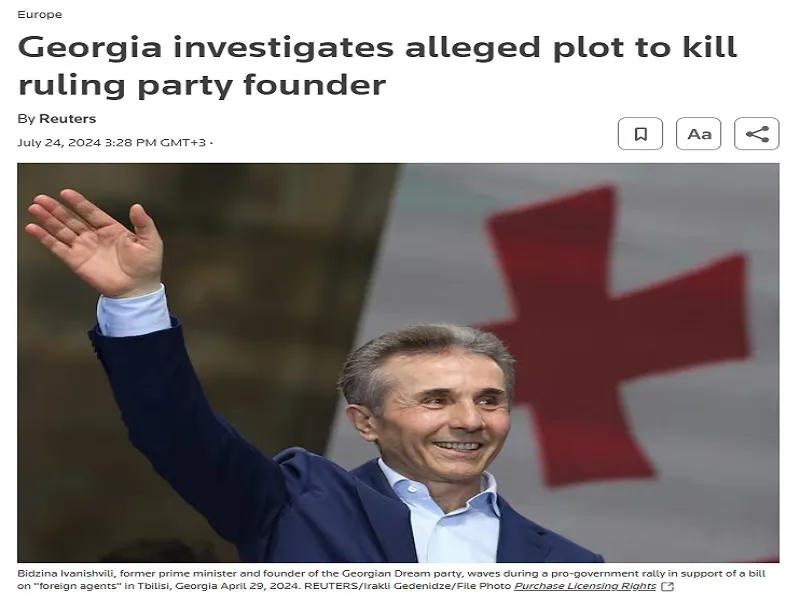
Aware that the window of opportunity for destabilizing their country might soon close, the Georgian Legion might desperately try to carry out a high-profile assassination attempt in the near future, even if it isn’t against the ruling party’s founder but someone else like the Prime Minister and they use a patsy instead of their own members.
Georgia’s State Security Service (SSS) informed the public that they’re investigating a criminal group linked to the former government which plotted to assassinate the founder of the ruling Georgian Dream party. According to RT, Prime Minister Irakli Kobakhidze claimed that these are the same forces that were behind the attempted assassinations of his Slovak counterpart Robert Fico and former US President Donald Trump, while Politico cited local media to report that the Georgian Legion is under suspicion.
It was explained in early May why “The Georgian State Security Service & The Georgian Legion Are On The Brink Of War”, namely because that pro-US armed group can play a crucial role in catalyzing a spree of urban terrorism ahead of, during, or right after fall’s parliamentary elections. The preceding analysis followed the failed attempt by rioters to storm the parliament over a week prior in protest of their country’s FARA-inspired foreign agents legislation, which readers can learn more about here.
In brief, although the ruling conservative-nationalist party aspires to join the EU and NATO, it doesn’t want to surrender the country’s sovereignty to the West in exchange and that’s why it’s been targeted for regime change over the past year and a half. The replacement of Georgian Dream with Western puppets would lead to “NGO”-propagated liberal-globalist values destroying their traditional society, hence the need for the foreign agents law, but there are also geopolitical consequences too.
The authorities warned last year that the prior attempt to overthrow them was aimed at opening up a second front against Russia, while there’s also the chance that a puppet regime would allow Georgia to be used by NATO to send more armed aid to Armenia in preparation of another war against Azerbaijan. Georgian Dream wants to stay out of all regional conflicts, so much so that it hasn’t even sanctioned Russia, which is yet another argument against their continued rule from the West’s perspective.
Speaking of Russia, its foreign intelligence service released a statement in early July warning that the West is preparing to exploit fall’s parliamentary elections as the pretext for another regime change attempt, and it’s possible that they shared information about this with their Georgian counterparts. That could explain why the local media cited by Politico said that some Georgian Legion members have been detained for questioning, while their leader claimed that 300 others have been added to the wanted list.
Although comparatively small in number, this pro-US armed group could play a similar role in Tbilisi later this year as the Azov Battalion did in Kiev a little more than a decade ago during “EuroMaidan”, which was explained in the earlier hyperlinked analysis about why they’re on the brink of war with the SSS. The most effective “Democratic Security” policy that Georgian Dream can promulgate right now is banning the Georgian Legion as a terrorist group if the ongoing investigation ties them to the assassination plot.
Allowing them to continue operating inside the country with impunity would constitute an enormous risk to Georgia’s national model of democracy considering the likelihood that they’ll catalyze a spree of urban terrorism ahead of, during, or right after the upcoming elections at the US’ regime change behest. Cracking down on this group ahead of the vote would greatly neutralize their ability to disrupt the democratic process and make associated Hybrid War threats much more manageable for the authorities.
Aware that the window of opportunity for destabilizing their country might soon close, the Georgian Legion might desperately try to carry out a high-profile assassination attempt in the near future, even if it isn’t against the ruling party’s founder but someone else like the Prime Minister and they use a patsy instead of their own members. Everyone should therefore keep a very close eye on Georgia since it’s still a major New Cold War battleground given its geostrategic significance in the broader region’s dynamics.
https://korybko.substack.com/p/georgia- ... untry-that
******
CARNEGIE ENDOWMENT FOR INTERNATIONAL PEACE: RUSSIA’S SOARING WARTIME SALARIES ARE BOLSTERING WORKING-CLASS SUPPORT FOR PUTIN
JULY 24, 2024 NATYLIESB
I’m posting this article because there’s useful information in it, but the concluding paragraph is garbage. I have included my comments at the end. – Natylie
By Ekaterina Kurbangaleeva, Carnegie Endowment, 5/28/24
The reasons for rising incomes in Russia have been well documented: a labor shortage, hefty payments to soldiers and their families, and an unprecedented level of state spending that has obliged defense sector factories to work around the clock. However, whether standards of living have actually improved is open to debate, given the record military spending, high inflation, Western sanctions, and limits on hydrocarbon exports.
The data that would normally be used to attempt to reach a conclusion should be treated with caution: Russian consumer behavior has changed too radically amid the war in Ukraine, and there are huge differences across Russian society. While the full-scale invasion of Ukraine was a major shock for the middle class, it has also channeled wealth to many people who were previously struggling to make ends meet.
The data that are available show that real incomes rose 5.8 percent in 2023 and at the same rate in the first quarter of 2024, according to Russia’s State Statistics Service (Rosstat). On top of that, figures from the Federal Tax Service show that the Russian state’s income tax revenues in 2023 were 40 percent higher than in 2021 (the lion’s share of this increase took place in 2023).
The fifteen fastest growing regions in terms of income tax contribution (excluding the regions Russia claims it has annexed in Ukraine) include hardly any of the traditionally big donors. Instead, the top spots are occupied by regions that before the war were traditionally net recipients from the federal budget. They include the republic of Chuvashia (a rise of 56 percent over two years), Bryansk region (54 percent), Kostroma region (52 percent), Kurgan region (50 percent), Smolensk region (49 percent), and Zabaikalsky region (47 percent). There were only three regions where income tax contribution growth was under 20 percent.
It’s important to remember that using income tax payments to gauge standards of living means excluding a key source of wartime wealth, since soldiers’ wages and payouts in case of injury or death are not subject to income tax. However, given the growth in income tax payments (and that Rosstat assesses that 59 percent of incomes in 2023 derived from wages), it can be said with confidence that real incomes have risen faster than inflation since the full-scale invasion.
How are Russians spending this money? The answer seems to be that they are both spending more and saving more (a trend that the head of Russia’s central bank, Elvira Nabiullina, has described as odd). According to the central bank, the amount of rubles held in Russian bank accounts climbed 19.7 percent to 7.4 trillion in 2023 (nearly three times what it was in 2022), buoyed by high interest rates. In particular, there has been growth in the category of deposits worth between 3 million and 10 million rubles (both in terms of their total value and in the number of people holding such deposits). In other words, a lot of people are prepared to hold sizable sums in the bank, and they appear confident that there will be no disaster in the near future.
When it comes to consumption, the picture is extremely varied. Consumers operate within certain limits: for example, Russians aren’t going to Europe because air transport links were severed at the start of the war, and it’s hard to get a visa. It’s also difficult to buy a car: not everyone wants a Chinese-made vehicle.
However, there are two spending trends that suggest at least some consumers have money to burn. Firstly, demand continues to grow for mortgages (the total value of mortgages held in Russia grew 34.5 percent in 2023). This growth has mostly been driven by state-subsidized mortgage programs. And demand showed no sign of slacking in the first four months of 2024. Many Russians have enough savings to put down a 30 percent deposit on a property (the average initial deposit), and are happy to take on twenty-year mortgages, suggesting they are counting on continued state support.
The second trend is the booming gambling market. The income of legal bookmakers rose 40 percent in 2023, and active gamblers (those who bet at least once a week) numbered some 6.6 million people. In total, more than 15 million people gambled (about one in seven Russians over the age of 18) over the course of the year. At the same time, inflation means the size of the average bet is growing. Current trends have even led to calls to raise the legal limit on a single bet from 600,000 rubles to 1.4 million rubles.
Among those who are “winning” from the current situation are the millions of Russians in blue-collar and gray-collar jobs. Some of the most in-demand wartime professions are: milling machine operator, machinist, welder, weaver, and garment worker. While there are some regional differences, the wages of the men and women working in these professions have more than tripled and in some cases quintupled. Weavers, for instance, were paid between 18,000 and 25,000 rubles per month in December 2021 (about $250–350 back then), whereas now they can get 120,000 rubles ($1,300).
Another good example is couriers and drivers. Long-distance truck drivers now get an average of 180,000 rubles a month (up 38 percent year-on-year), while couriers can earn up to 200,000 rubles a month. For comparison, President Vladimir Putin recently signed a decree raising the monthly payment to members of the Russian Academy of Sciences—the country’s leading academics and researchers—to 200,000 rubles from next year.
From even this brief analysis, it’s clear that the main financial beneficiaries of the war in Ukraine (excluding security officials and soldiers) are those whose professions were long considered low paid and low status. Now they enjoy high salaries and a surfeit of attention from both employers struggling to fill job vacancies, and the state as a whole.
More money in their pockets makes these people—who are not accustomed to self-reflection and who do not have easy access to independent sources of information—even more susceptible to propaganda. Putin’s public image provides them with a comforting feeling of stability, and a sense that their leaders are making the right decisions. It’s unsurprising that the level of support for the Russian regime among these groups is only growing.
[“who are not accustomed to self-reflection and who do not have easy access to independent sources of information” – suggesting that these people don’t ever engage in self-reflection is just plain elitist, same for suggesting that they have no access to smart phones and therefore Telegram, YouTube and the like: elitist and ignorant. Also, it’s normal for working class people anywhere to vote for and support policies that result in concrete improvements to their material lives. Again, suggesting that doing so is merely a result of propaganda is insulting and elitist. This is typical of the kind of people that write for western think tanks about Russia – people who have contempt for their subject. – Natylie][/i]
https://natyliesbaldwin.com/2024/07/car ... for-putin/

